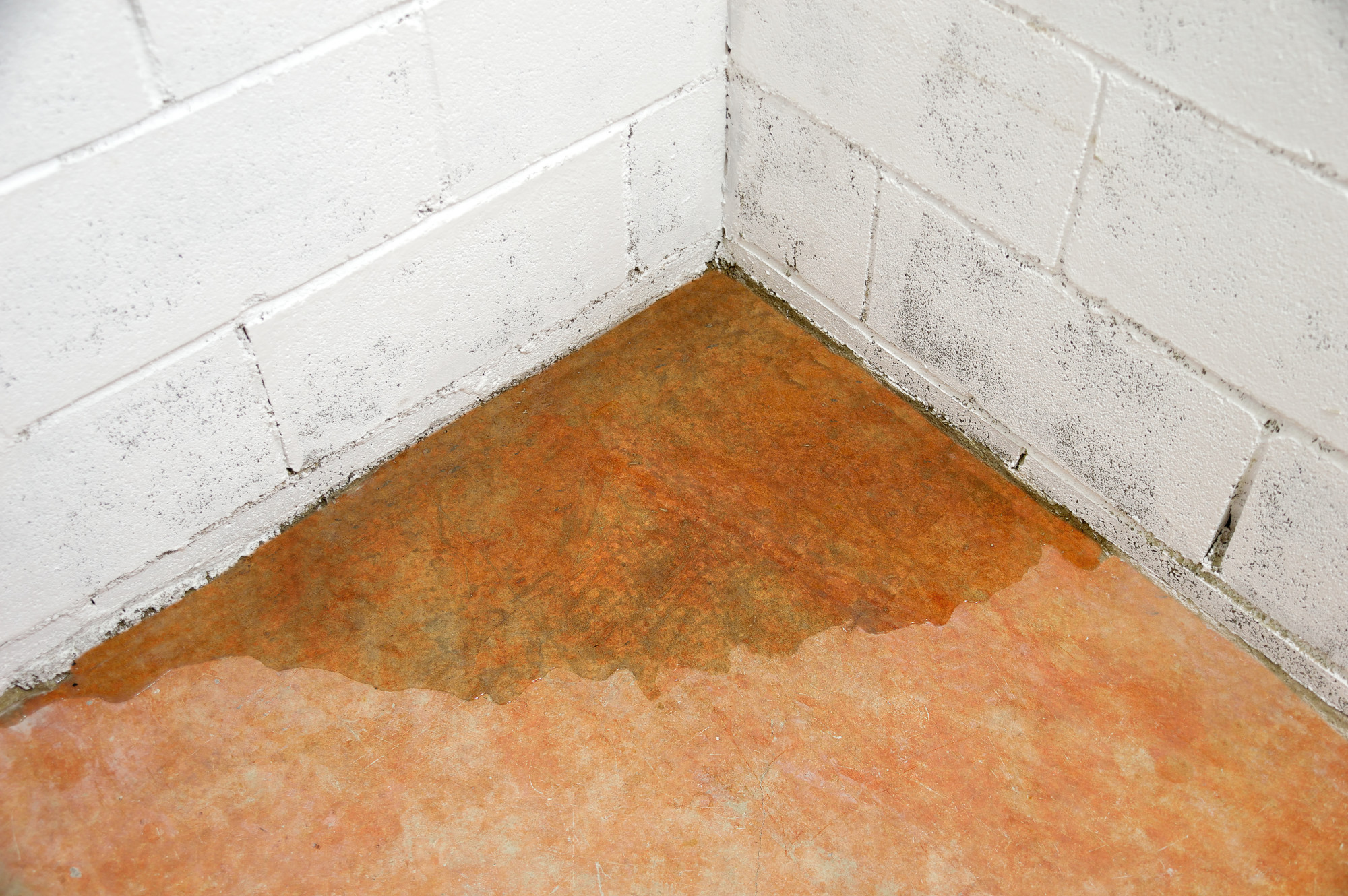The battle against water intrusion in basements is a struggle as old as home construction itself. Whether you’re faced with the relentless seep of spring rains or the oppressive humidity of summer, the stakes are high in the quest for a dry, usable space below ground.
For homeowners, the stakes could not be higher: a damp basement can spell disaster, leading to structural damage, mold growth, and a host of health hazards. But fear not! Armed with knowledge and an arsenal of strategies, you can turn the tides in this age-old conflict.
From traditional methods like French drains and sump pumps to innovative solutions like waterproof membranes and backwater valves, the landscape of basement waterproofing is as dynamic as the challenges it seeks to conquer. Dive in as we explore the differences, advantages, and drawbacks of each approach to help you choose the right pathway to a watertight sanctuary beneath your home.
Understanding the Importance of a Dry Basement

Understanding the importance of a dry basement goes far beyond mere comfort; it touches on health, property value, and longevity of home structures. A dry basement is essential for preventing mold growth, which can lead to respiratory issues and exacerbate allergies.
Imagine stepping into a cool, musty abyss filled with the threat of rot and decay—no one wants that. From crumbling foundations to peeling paint, moisture can wreak havoc on your home, diminishing its overall value and selling potential.
Moreover, a dry basement means you can utilize that precious space for storage, a cozy living area, or even a home gym, turning what was once an overlooked, damp corner into a valuable part of your home. Thus, addressing waterproofing not only shields your abode from gradual decline but also enhances your quality of life.
The journey to a dry basement may seem daunting, but its significance cannot be overstated; its a foundational element that safeguards your home and your health.
Common Causes of Basement Moisture

Basement moisture can haunt homeowners like an unwelcome ghost, often emerging from a myriad of sources. One of the primary culprits is poor drainage around the foundation; rainwater, unable to find its way away from the house, can seep into cracks and crevices. Additionally, improper grading can exacerbate the issue, funneling water straight into vulnerable areas.
It’s not just external forces at play; internal sources such as plumbing leaks and high humidity can contribute to dampness as well. Even the presence of certain building materials that absorb moisture can lead to an environment ripe for mold growth and structural damage.
Furthermore, seasonal changes, particularly during the spring thaw, may also contribute to rising groundwater levels, creating a perfect storm for moisture intrusions. Addressing these common causes is essential for maintaining a dry, livable basement and preventing the potentially disastrous consequences that can follow.
Signs of Water Damage in Your Basement

Signs of water damage in your basement can manifest in various, often alarming ways if you know what to look for. At first glance, you might notice a subtle musty odor that seems to linger—a signal that moisture is taking root.
Explore further, and youll likely encounter peeling paint or bubbling wallpaper, as if your walls are trying to escape the dampness. Stains often dot the floor like an unwelcome greeting, indicating leaks that may have gone unnoticed for far too long.
Particularly during heavy rains, pay attention to any puddles that seem to appear out of nowhere, and dont overlook the ominous presence of mold or mildew, creeping stealthily in the corners. Additionally, a sudden increase in humidity or the rusting of exposed metal fixtures can send an urgent message: your basement may be caught in the throes of an unwelcome water battle.
Addressing these signs early is crucial, as ignoring them can lead to extensive damage and costly repairs.
Conclusion
In conclusion, navigating the complex realm of basement waterproofing is essential for maintaining a safe and dry home environment. Whether youre battling dampness or preventing future water issues, understanding the various methods available—ranging from interior and exterior drainage systems to sump pumps and waterproofing membranes—can significantly impact the longevity and integrity of your basement.
While DIY solutions can be effective for minor issues, seeking the expertise of a professional contractor to waterproof a basement is often the best course of action for more severe problems. By making informed decisions and investing in high-quality waterproofing solutions, homeowners can face the eternal battle of moisture with confidence, ensuring their basements remain dry, functional, and protected for years to come.





